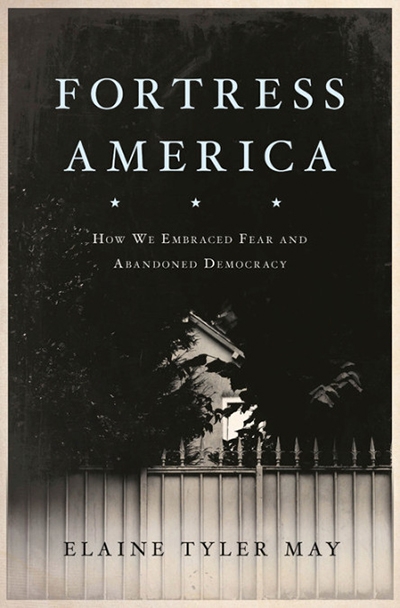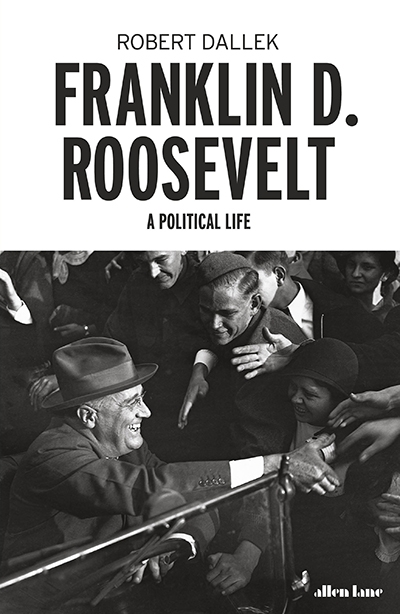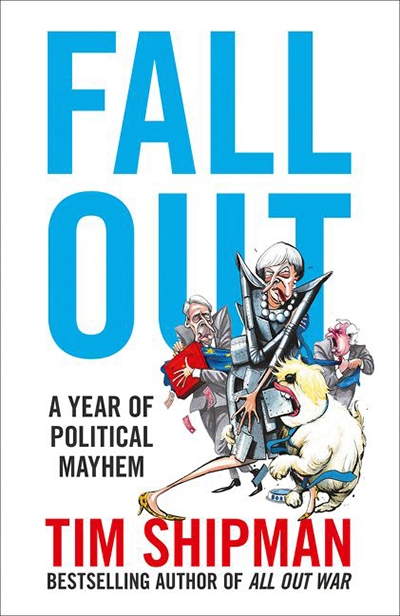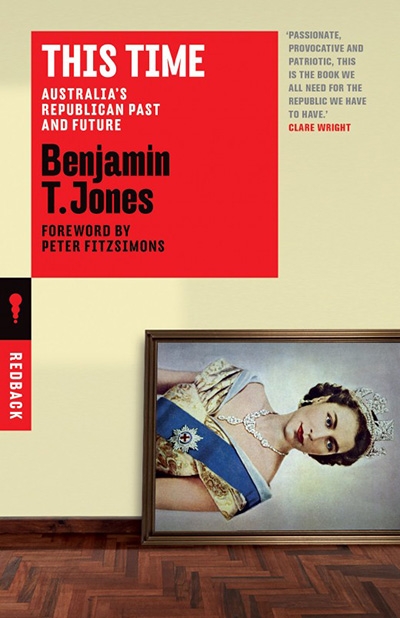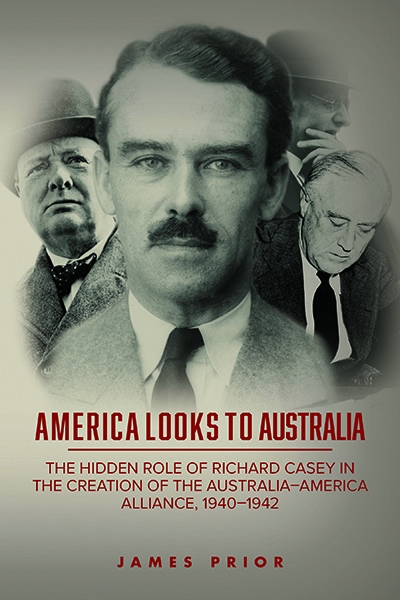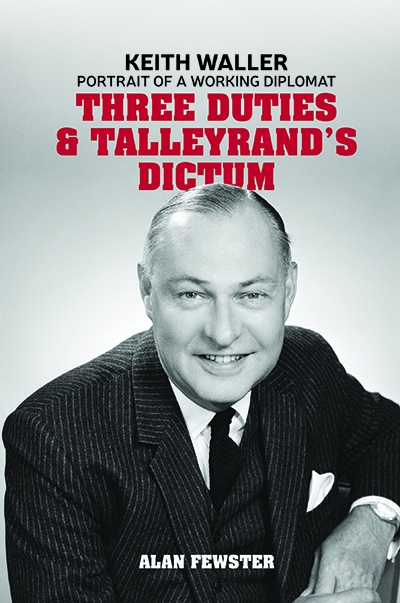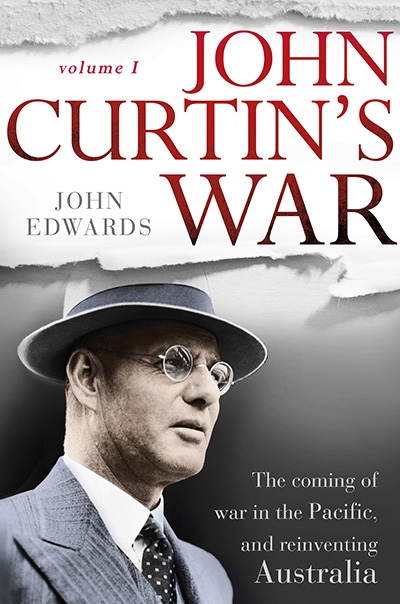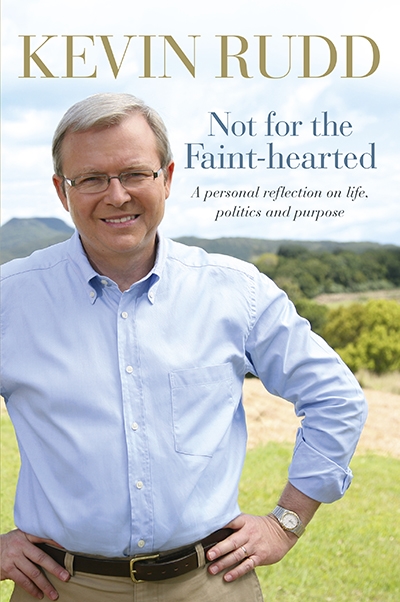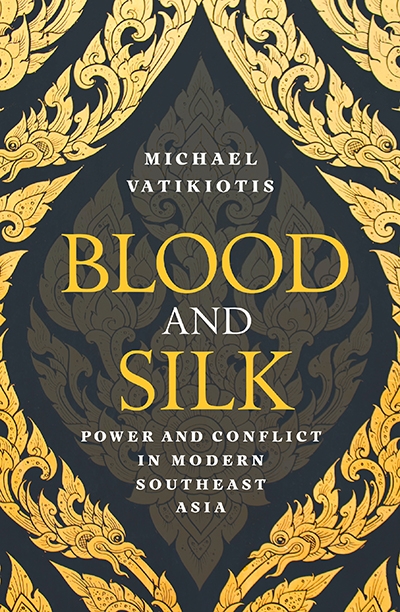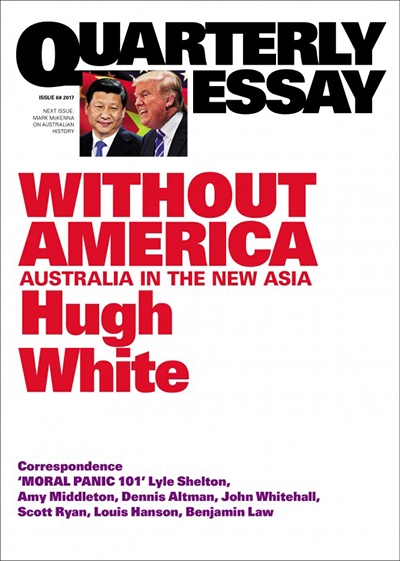Politics
Fortress America: How we embraced fear and abandoned democracy by Elaine Tyler May
by Max Holleran •
This Time: Australia’s republican past and future by Benjamin T. Jones
by Billy Griffiths •
America Looks to Australia: The hidden role of Richard Casey in the creation of the Australia–America alliance, 1940–1942 by James Prior
by Rémy Davison •
Three Duties and Talleyrand’s Dictum:: Keith Waller: Portrait of a working diplomat by Alan Fewster
by Geoffrey Blainey •
Not for the Faint-hearted: A personal reflection on life, politics and purpose by Kevin Rudd
by Neal Blewett •
Blood and Silk: Power and conflict in modern Southeast Asia by Michael Vatikiotis
by David Fettling •

